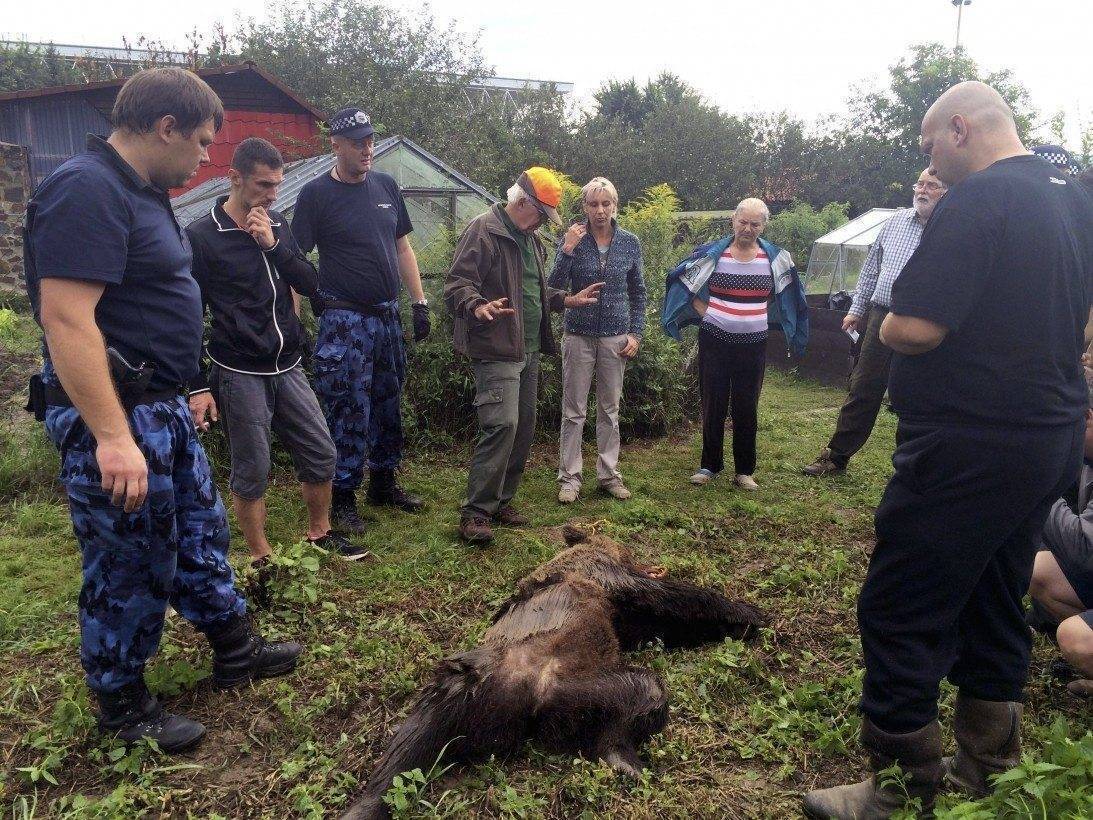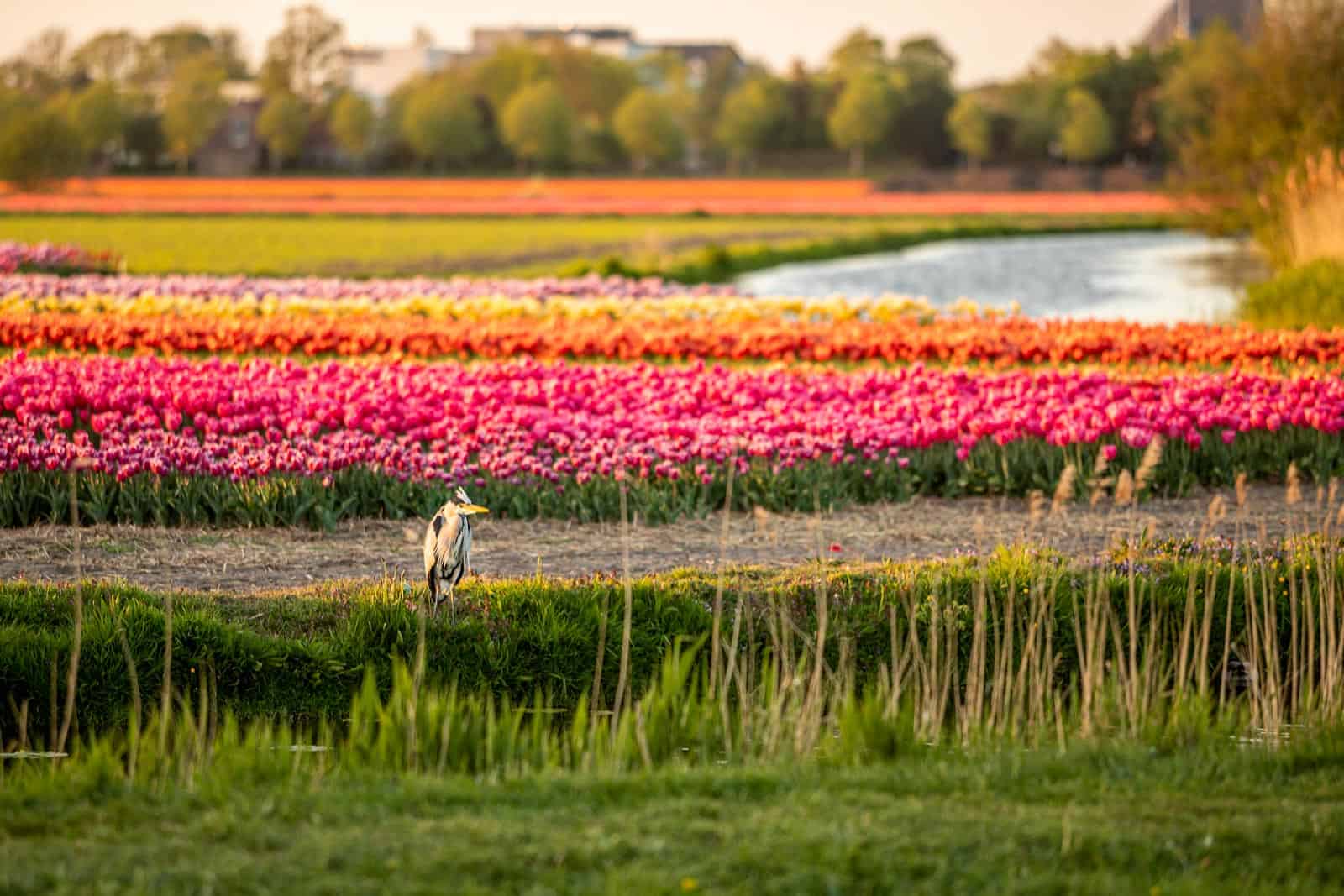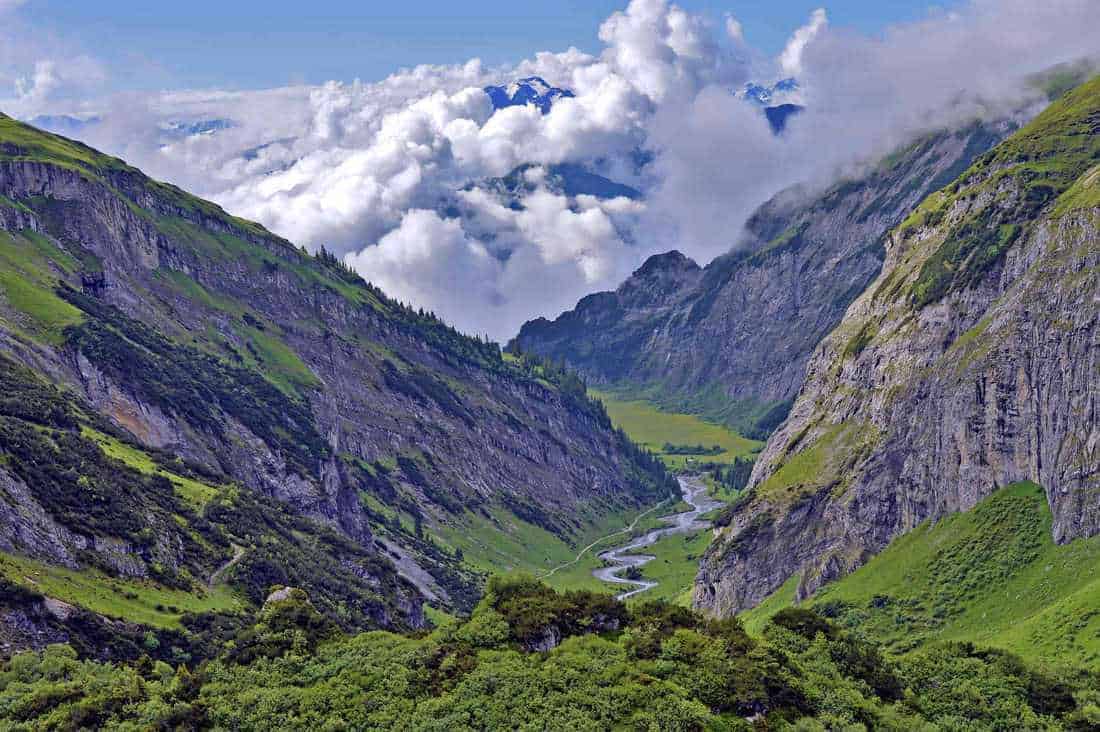Blood does not buy goodwill
The article ‘Blood does not buy goodwill: allowing culling increases poaching of a large carnivore’ was published in the Proceedings of the Royal Society B. This is the Royal Society’s flagship biological research journal, which is a tool dedicated to the fast publication and worldwide dissemination of high-quality research.
Please also read: Hunters at work – stop brown bear killing!
The article is discussing the subject of quantifying environmental crime and the effectiveness of policy interventions, and the difficulties that arise because perpetrators typically conceal evidence. To prevent illegal uses of natural resources, such as poaching endangered species, governments have advocated granting policy flexibility to local authorities by liberalising culling or hunting of large carnivores.
The text presents the first quantitative evaluation of the hypothesis that liberalising culling will reduce poaching and improve population status of an endangered carnivore. It shows that allowing wolf (Canis lupus) culling was substantially more likely to increase poaching than reduce it. Replicated, quasi-experimental changes in wolf policies in Wisconsin and Michigan, USA, revealed that a repeated policy signal to allow state culling triggered repeated slowdowns in wolf population growth, irrespective of the policy implementation measured as the number of wolves killed. The most likely explanation for these slowdowns was poaching and alternative explanations found no support.
When the government kills a protected species, the perceived value of each individual of that species may decline; so liberalising wolf culling may have sent a negative message about the value of wolves or acceptability of poaching. The results suggest that granting management flexibility for endangered species to address illegal behaviour may instead promote such behaviour. More can be read here.









